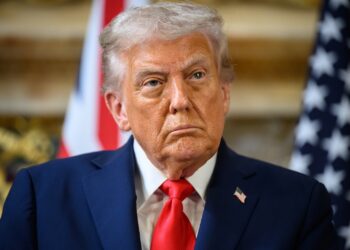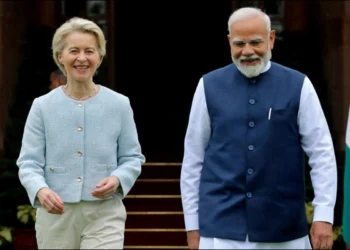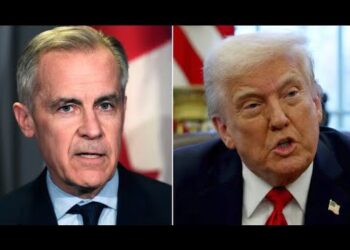Important agricultural imports like coffee, cocoa, bananas, and some livestock products were spared from President Donald Trump’s higher tariff rates on Friday. Trump is facing political backlash for high grocery store prices in the United States at the time of the move. As Trump’s tariffs went into effect this year, several distributors of beef, coffee, chocolate, and other staple foods increased their prices, further straining household budgets already burdened by decades-high inflation.
A variety of fruits, such as tomatoes, avocados, coconuts, oranges, and pineapples, are also excluded from Trump’s Friday action. The tariff reductions also apply to green and black tea, as well as spices like nutmeg and cinnamon, in addition to coffee. Trump, who has maintained that tariffs are required to safeguard American companies and workers, has reversed course with this action. He has argued that the increased levies will not ultimately be borne by American consumers.
The exemptions follow Trump’s trade framework deals with four Latin American nations, which include 15% tariffs from Ecuador and 10% tariffs on the majority of commodities from Argentina, Guatemala, and El Salvador. Additionally, it eliminates tariffs on goods like coffee and bananas that are not produced or farmed in the United States in sufficient numbers.
For a number of years, American households have been negatively impacted by rising food prices. According to data from the Consumer Price Index, food-at-home costs rose by about 2.7% in September compared to the previous year. (The government shutdown caused a delay in more recent data).
Also Read:





























































